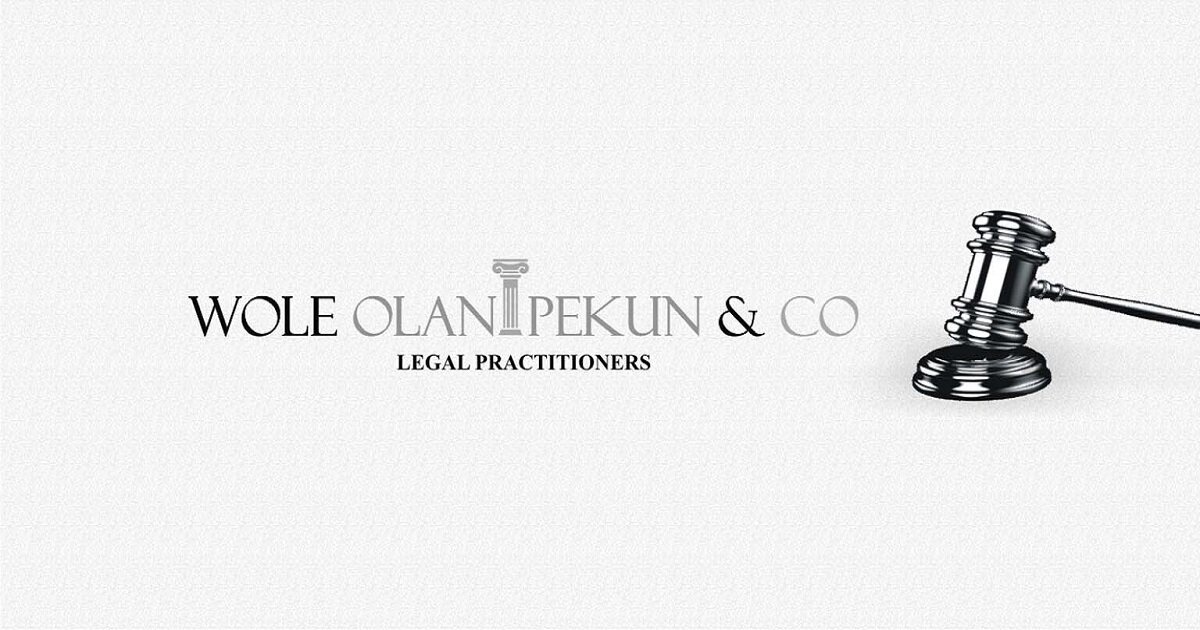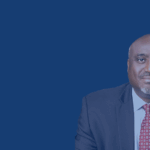We are familiar with the story of how a Nigerian legal practitioner, Adekunbi Ogunde (Kunbi), who, until quite recently, (was) a Partner leading the oil & gas practice group in Wole Olanipekun & Co. sought to woo a multinational company, Saipem Nigeria, a subsidiary of Saipem S.P.A., for a brief (USD130 Million case at the Rivers State High Court brought by the Rivers State Government against Saipem). This was notwithstanding the fact that at the material time, the brief was being handled by another law firm (Ajumogobia & Okeke) to her knowledge. Kunbi was hoping to “hijack” the brief in favour of her law firm, Wole Olanipekun & Co. According to Kunbi, her firm should be brought in as “mercenaries” to switch things in favour of Saipem. She heavily relied on the influence of the Founding Partner of the firm, Chief Wole Olanipekun SAN, whom she had described as “the head of the entire legal profession in Nigeria.”
Kunbi’s conduct seems to run foul of Rule 28 (5)(a) of the Rules of Professional Conduct for Legal Practitioners 2007 (RPC) which discourages a lawyer from communicating with a party regarding a matter being handled by another lawyer on behalf of that party without requisite consent.
Therefore, dissatisfied with the approach by Kunbi, the Nigerian Bar Association (NBA) had filed a petition before the Legal Practitioners Disciplinary Committee (LPDC) against Kunbi, seeking to formally establish her liability (notwithstanding her alleged admissions) and to urge the LPDC to administer deserving punishment.
One of the issues the LPDC may need to decide is whether the law firm of Wole Olanipekun & Co. and other lawyers in the firm including their partners have any question to answer regarding the ugly development involving Kunbi who was a partner in the firm at the material time.
The NIC decision which gives a guide
A recent decision emanating from the National Industrial Court, Port Harcourt Division, appears to have answered the question ahead of time. The RPC governs lawyers in their individual capacities as persons called to the Nigerian Bar. But whether the RPC applies to a law firm is a different ball game. The decision referred to was delivered on 15 June 2022 in Suit No. NICN /PHC/120/2021 – Mr. Wilson Udo Essien v. Unitech Drilling Company Ltd. In the case, Mr. Essien, as the Claimant, approached the court to challenge his removal as the Managing Director of Unitech Drilling Company Ltd. sued as the Defendant in the suit. The Defendant hired the services of Zenith Law Firm to defend it. It happened that two members of the law firm, Mr. Christopher Attah and Mr. Bassey Anwanne were directors in Unitech Drilling Company Ltd. The Claimant raised a preliminary objection through his Counsel challenging the legal representation of the Defendant by Mr. Christopher Attah and Mr. Bassey Anwanne of Zenith Law Firm on the ground that under Rules 7 (1) and Rule 8(3) of the RPC, both lawyers (and their law firm) are not competent to appear as counsel for the defence being directors of the Defendant. The court found that Mr. Christopher Attah and Mr. Bassey Anwanne (partners in Zenith Law Firm), while being legal practitioners in private practice, are also salaried directors in Unitech Drilling Company Ltd., but they neither franked the court processes nor entered appearance in court on behalf of Unitech Drilling Company Ltd. Other lawyers in the firm did. The court discountenanced the contention and held that the RPC does not apply to law firms but lawyers.
The Learned Trial Judge, Ogbuanya, J., in dismissing the Claimant’s contention reasoned:
Although individual legal practitioners can aggregate as a law firm, yet they are imbued with individual responsibility under the RPC, which is never collective within the legal regime of law practice in Nigeria… It seems to me that within the ambit of the RPC regulation of legal practitioners’ conduct, and despite the growing influence of law firms in Nigeria, the legal status of a law firm is not more than mere vehicle for carrying on legal practice in branded name. Thus, under the extant RPC, neither the law firms nor the aggregating legal practitioners in the law firm are held responsible for misconduct of individual legal practitioners in the law firm, even if the offending legal practitioners are partners of the law firm, as in the instant suit.
In arriving at the above decision, the court relied on the Supreme Court’s decision in Okafor v. Nweke [2007] 10 NWLR (Pt. 1043) 521 where it was held that a law firm is not a legal practitioner and therefore cannot practice as such.
The above decision of the Learned Jurist is quite compelling. Relying on the decision, it appears that in the absence of any evidence of involvement of other lawyers in the law firm of Wole Olanipekun & Co. in the saga, neither the firm nor the aggregating legal practitioners in the firm are to be held responsible (under the RPC) for the alleged misconduct of Kunbi notwithstanding that she was a partner in the firm at the time of the incident. Exculpating other lawyers and partners in the Firm for ethical infractions may not be difficult in the face of the unequivocal avowal of Kunbi that she acted on her own.
Nevertheless, the LPDC still has the statutory mandate to hear the petition tabled against Kunbi by the NBA and determine her culpability and the punishment that may follow. This is regardless of the recent public statement accredited to her by which she purports to temporarily quit legal practice in Nigeria by opting to proceed on a leave of absence.
Kunbi poses no problem
From the turn of events so far, Kunbi does not appear to pose any problem to the NBA. In fact, her cooperation can be perceived from her apparent willingness to prescribe her own punishment (by quitting temporarily) after also appearing to have unequivocally admitted her wrongs.
The real problem which seems to be posing serious challenge to the future of the regulation of legal practice in Nigeria is the refusal of Kunbi’s boss, Chief Olanipekun SAN, to step down as the Chairman of the Body of Benchers (BoB). The BoB is one of the regulatory bodies in the legal profession in Nigeria, also responsible for calling qualified persons to the Nigerian Bar. The NBA had addressed a letter to Chief Olanipekun asking him “to recuse (himself) from chairmanship of the BOB henceforth and to allow for the emplacement of an interim leadership of the BOB, in order to enable the LPDC carry out this particular assignment, amongst others, without coming under an undue suspicion of impartiality.” This is based on the elementary principle that justice must not only be done, but must be undoubtedly and manifestly seen to be done.
From the reports, some Senior Advocates of Nigeria under the auspices of Justice Reform Project (JRP) have also called upon Chief Olanipekun to step aside. According to the JRP, “the learned silk’s (Chief Olanipekun’s) continued stay in office is, consequently, an indiscretion that will come at a cost to the integrity of our profession.”
Conclusion
The decision of the court in Mr. Wilson Udo Essien v. Unitech Drilling Company Ltd., if followed, goes to absolve Wole Olanipeku & Co. and other lawyers in the firm from liability over Kunbi’s conduct. Meanwhile, the Founding Partner of the firm should hearken to the call by the NBA to step aside as the Chairman of the BoB. This is a noble thing to do even without being told or compelled. This is not the time for advocacy or legal gymnastics with the aim of securing a “locus classicus decision” for possible self-glorification. Rather, it is a time for sober reflection and for putting the interest of the legal profession ahead.














